Tag: Democracy


The Soviet Union’s terrible legacy on democracy and minority rights
February 7, 2024 | Post
Since they first seized power, Soviet leaders have claimed their “democracy” to be the best in history. However, their understanding of democracy differs significantly from that of the United States and other Western nations.
This second piece of a series addressing myths about the Union of Soviet Socialist Republics (USSR) will focus on the country’s strange legacy on democracy and minority rights.

Why China’s aggressive expansionism in Arunachal Pradesh is completely unjustified
February 6, 2023 | Post
The Chinese regime’s claims on Arunachal Pradesh are wholly unjustified. The preference of a region’s inhabitants as well as international agreements are far more relevant factors when determining its status than claims based on ancient history and expansionist aggression.
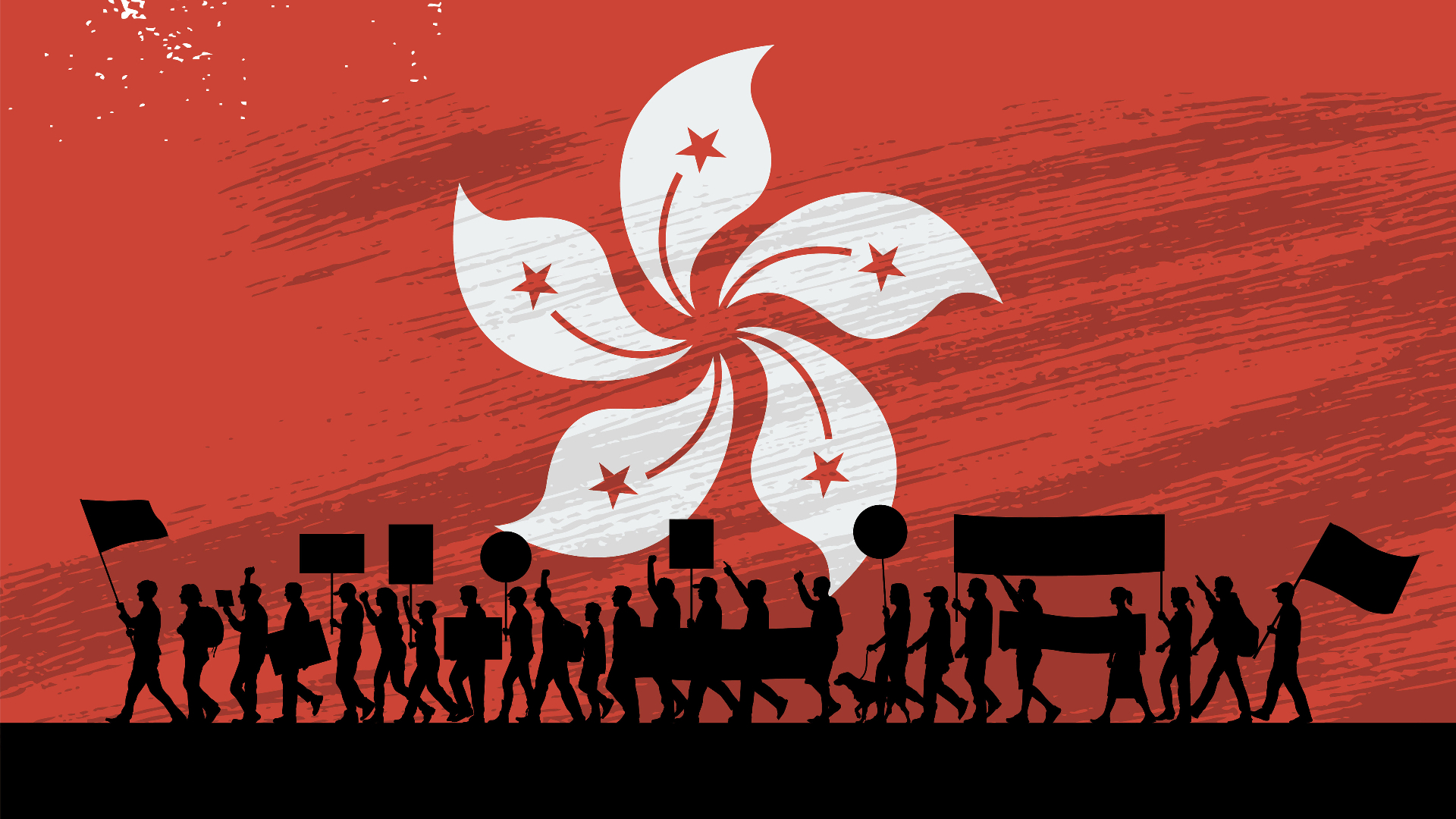
National Security Law: the crackdown on democracy and freedom in Hong Kong
January 5, 2023 | Post
China’s National Security Law has reduced Hong Kong’s autonomy and made it easier for the CCP regime to punish pro-democracy activists.
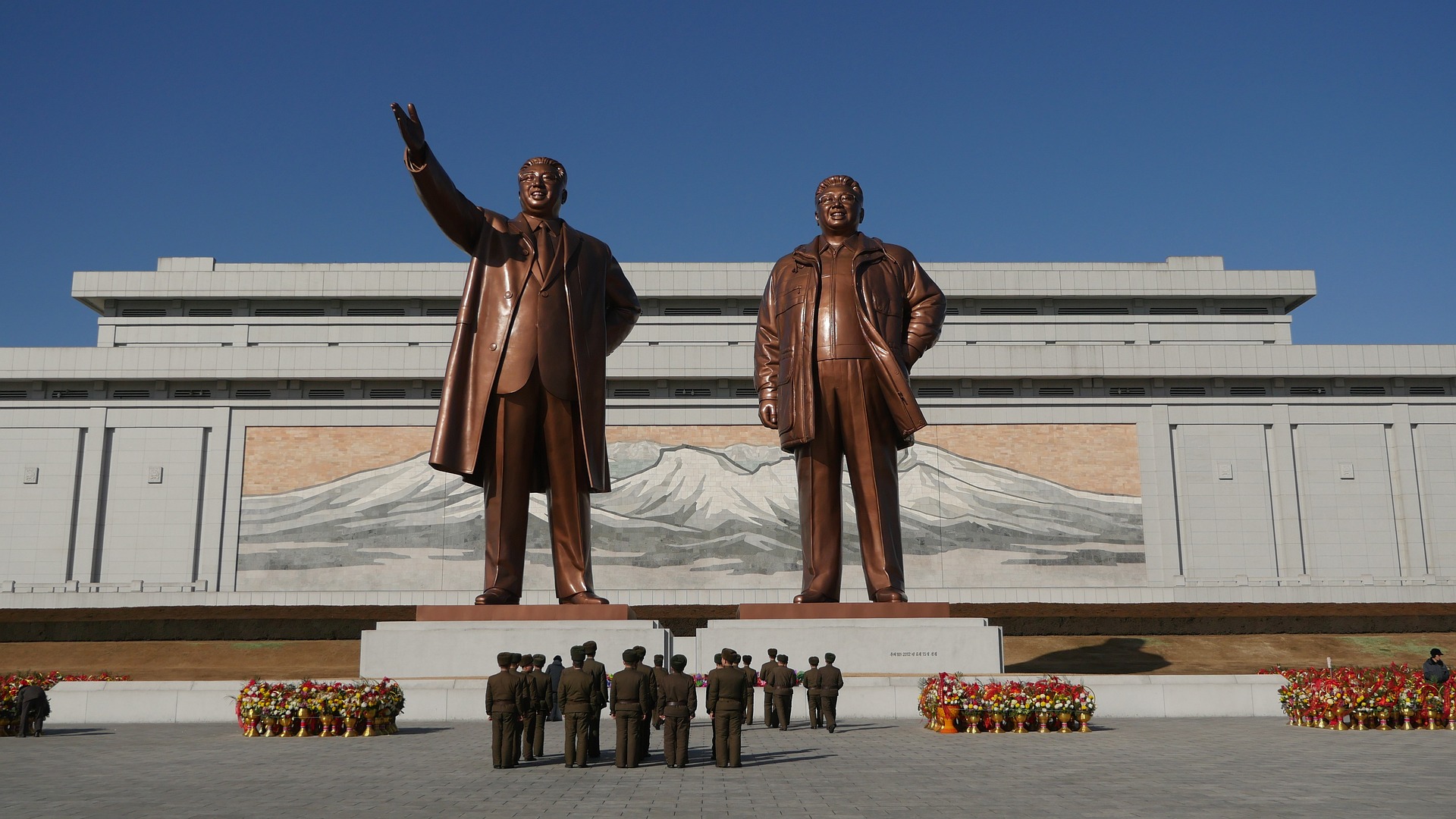
A world unsafe for autocracy
October 26, 2022 | Post
It is clear that more prudent and proactive statecraft is needed; a doctrine that accepts that the sword cannot solve every problem and a retreat from world affairs will only leave space for uncertainty. Rather, the US should embrace the prospect of working alongside diverse partners to make the world more resilient to the forces that seek to undermine free societies.
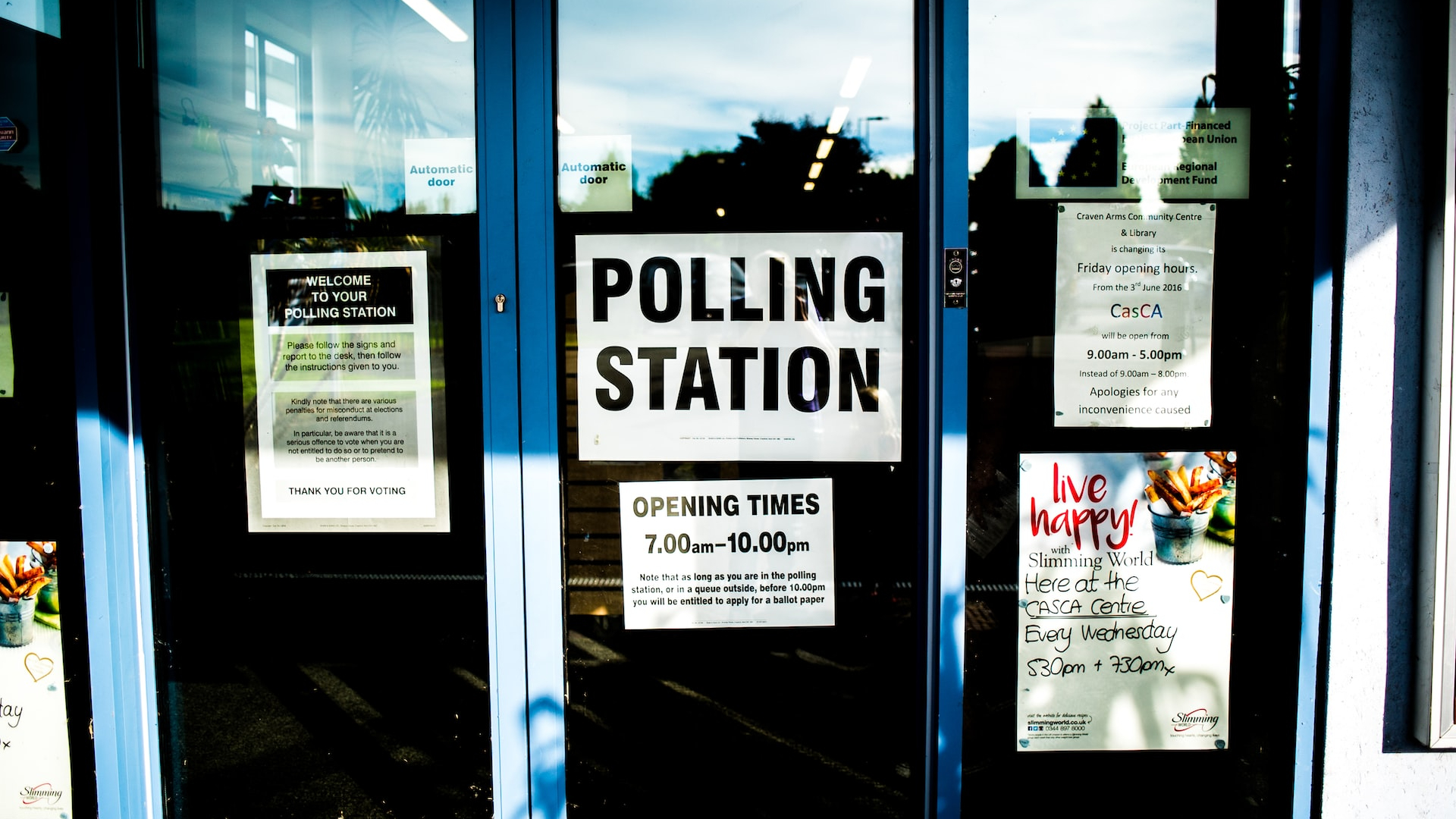
Why democracy is good for liberty
September 15, 2022 | Post
There is a growing tendency among libertarians to attack the concept of democracy, and blame it for America’s problems. But this is reckless: we need to address the issues within our system and provide alternatives instead of burning the entire thing down.

Pro-democracy protesters in Myanmar suffer brutal repression
March 10, 2021 | Post
Since the military coup on February 1, pro-democracy protesters in Myanmar are suffering brutal repression and human rights violations.

Reddit AMA with Professor Ilya Somin of George Mason University
September 12, 2017 | Post
Ilya Somin is Professor of Law at George Mason University. His research focuses on constitutional law, property law, and the study of popular political participation.

Highlights from our Reddit AMA with Professor Bryan Caplan
June 28, 2017 | Post
“From the evidence I’ve seen, propaganda works – though not nearly as well as the propagandists would hope.”
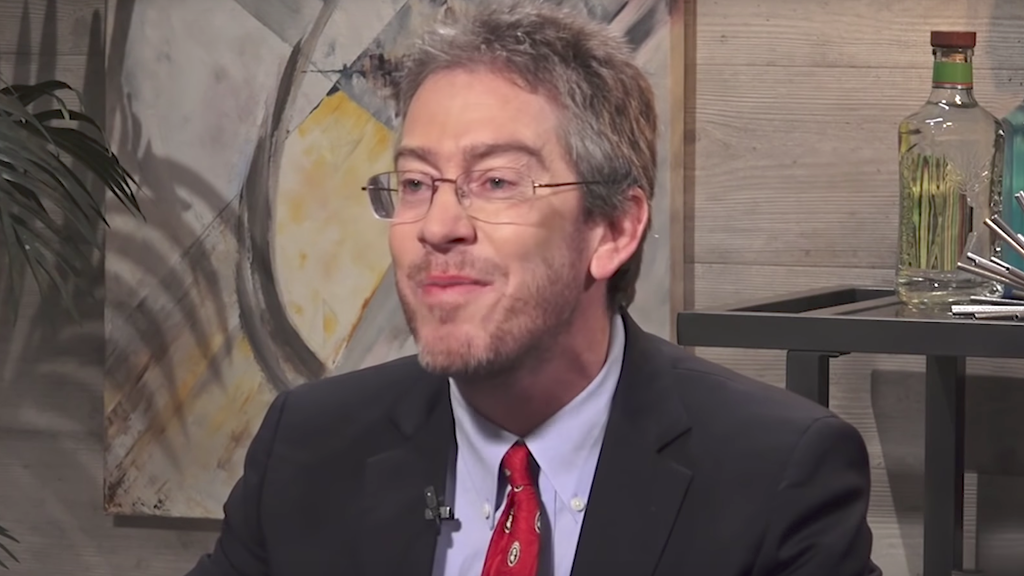
Reddit AMA with Economist and Iconoclast, Professor Bryan Caplan
June 15, 2017 | Post
Bryan Caplan is a Professor of Economics at George Mason University. He is a prolific blogger and author of three books: The Myth of the Rational Voter: Why Democracies Choose Bad Policies (2007), Selfish Reasons to Have More Kids: Why Being a Great Parent is Less Work and More Fun Than You Think (2011), and the forthcoming The Case […]

Stop toxic partisan posts: Take the social media pledge.
March 21, 2017 | Post
My own hands are dirty and my own heart is impure; however, I have seen the light. I repent.

Democracy rewards those who lust for power.
March 20, 2017 | Post
The incentives politicians face reward the concentration and consolidation of power.
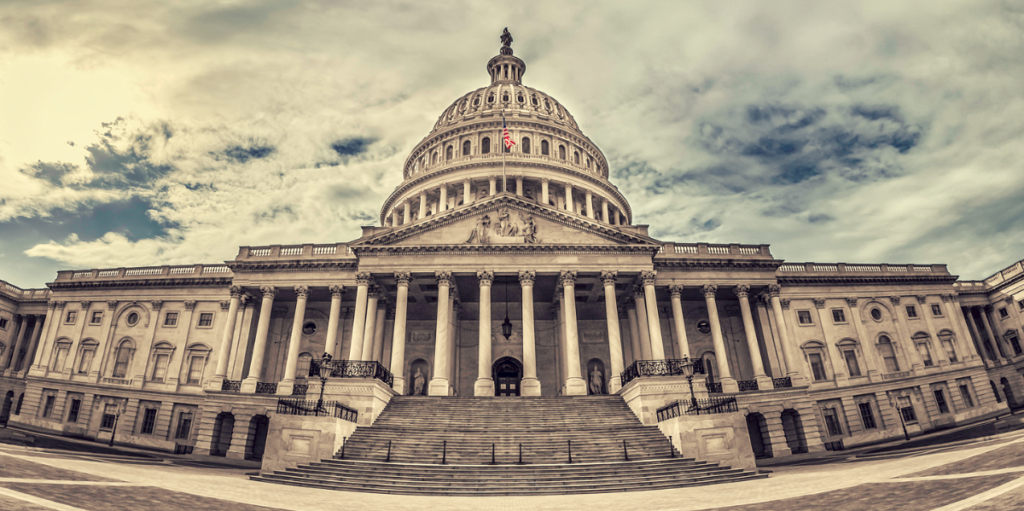
Why congressional term limits could limit presidential power
March 3, 2017 | Post
The incentive structure of the federal government needs adjusting.
Donald Trump: The avatar of democracy
February 22, 2017 | Post
In his first month as President, Donald Trump has been the epitome of democracy.

Presidents for life and the problem of democracy
February 20, 2017 | Post
A liberal democracy is not a machine that will run itself: it is run by people.

Weird election rules: The baseball hall of fame
February 18, 2017 | Post
Any variation in election rules — for president, for student body treasurer, or for anything else — allows us to examine the rules’ impact on voting outcomes.

A paradox in the theory of democracy
February 9, 2017 | Post
It is not easy being a committed democrat when your side loses an election.

He’s not my president because none of them are.
February 6, 2017 | Post
The inauguration of President Trump was immediately followed by size comparisons.

Did the democrat’s hacked emails give voters too much info?
February 2, 2017 | Post
During the primaries, commentators and academics continually decried the fact that voters had too little information about the candidates.

Turning away Cuban refugees is a victory for Cuba's dictatorship
January 13, 2017 | Post
For 50 years, America has offered an escape hatch for victims of the Castro regime; now President Obama is slamming it shut.

Privilege, Risk, and Harm
December 18, 2016 | Post
Trump’s victory has triggered a spate of post-hoc analysis about what went wrong. One of the major narratives to take root is that Trump’s win was fueled by a rejection of PC culture and identity politics broadly.

Democracy limits bad government in the long haul.
December 2, 2016 | Post
The following is the fourth installment in a five-part debate between Jason Brennan and Philip Pettit on the legitimacy of democracy as a system of social order.

In democracy, minorities are ignored and the voters are ignorant.
December 2, 2016 | Post
The following is the third installment in a five-part debate between Jason Brennan and Philip Pettit on the legitimacy of democracy as a system of social order.

Partisan politics makes smart people stupid
November 8, 2016 | Post
Highly informed voters are also highly biased. That’s a serious problem for democracy, but also for any other system of political decision-making in big groups.
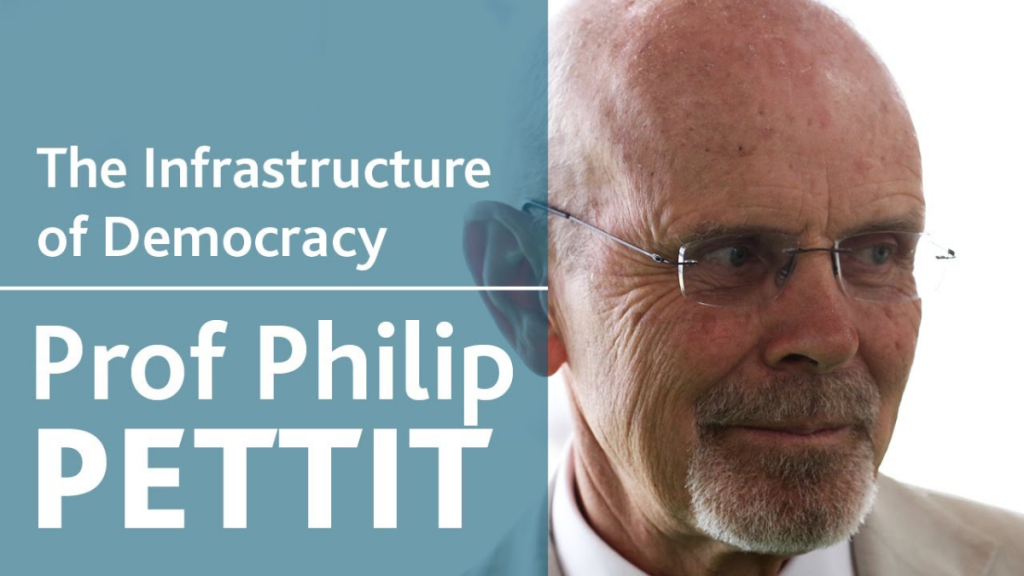
Debate: Is democracy overrated? No.
November 7, 2016 | Post
The following is Professor Philip Pettit’s response to Jason Brennan’s piece on the nature of democracy. This is the second installment in a five-part debate between the two professors on the legitimacy of democracy as a system of social order.

